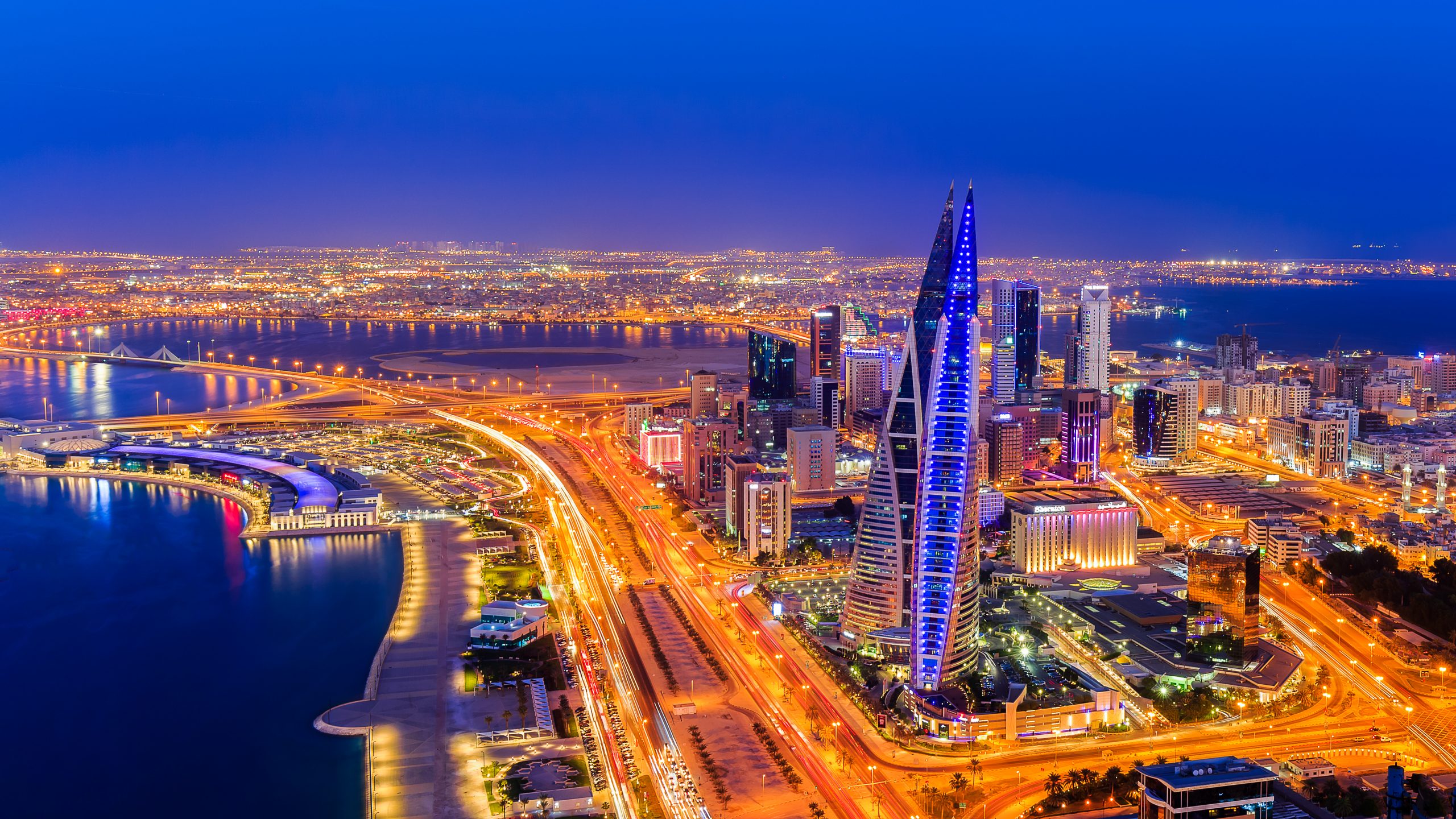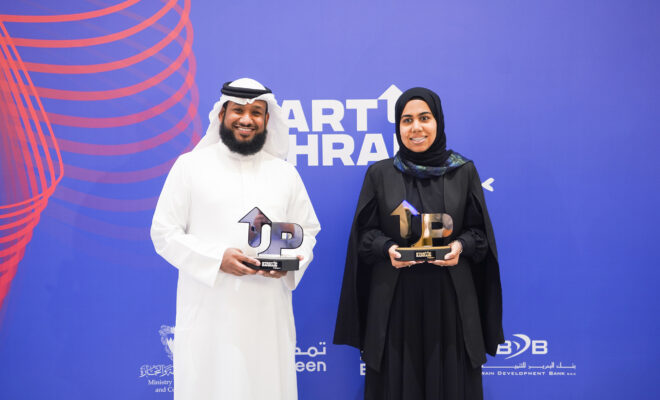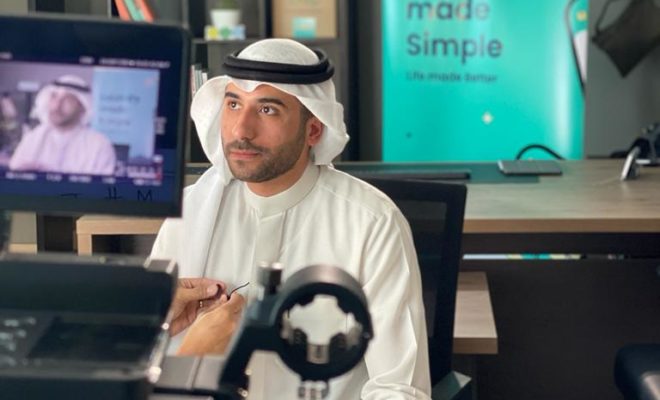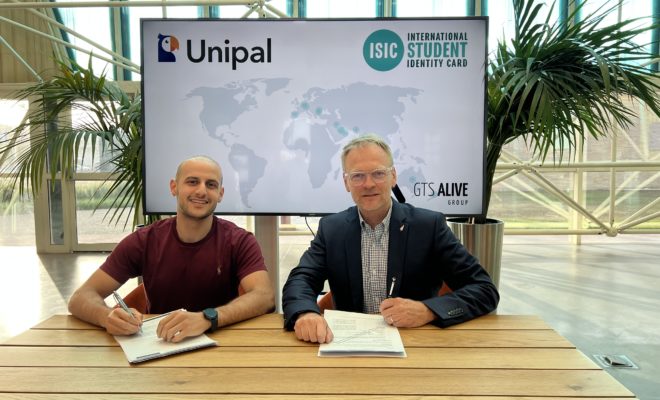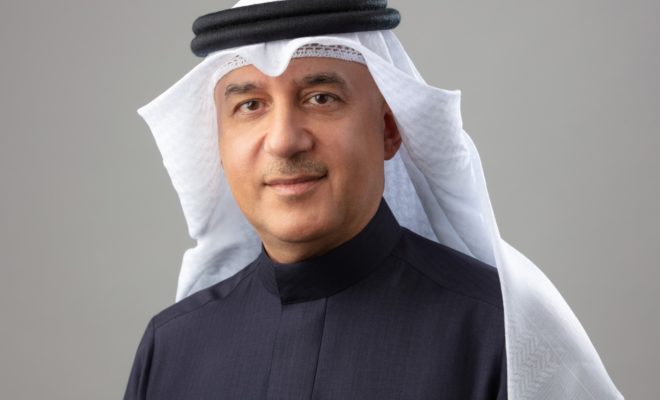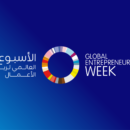An Interview with BAYBARS ATLUNTAS — Chairman of the Board of Directors, World Business Angels Investment Forum (WBAF)

 1. Can you tell us what the WBAF does and what your work is as Chairman of the Board of Directors entails?
1. Can you tell us what the WBAF does and what your work is as Chairman of the Board of Directors entails?
The World Business Angels Investment Forum (WBAF) is an affiliated partner of the G20 Global Partnership for Financial Inclusion (GPFI) aiming to ease access to finance for businesses from startup to scale-up to exit, with the ultimate goal of generating more jobs and more social justice worldwide. It is committed to collaborating globally to empower world economic development by creating innovative financial instruments for innovators, startups, and SMEs including top global innovators and disruptors and ranging from niche market leaders to regional champions. These individuals collaborate to address key issues, identify emerging trends and further the forum’s mission of easing access to finance globally. One way WBAF does this is through its country offices. Launching a country office involves embracing activities that are designed to serve the global community of startups, angel investors, innovators, SMEs and entrepreneurs. By combining contributions from the many dynamic WBAF country offices around the world, all of us benefit from shared learning, better
networks and increased exposure. As the Chair of the World Business Angels Investment Forum, my main role is to lead the board of directors and whole WBAF community to accomplish the mission in a proper way.
2. Can you share with us the highlights of your career?
I was Former Senior Advisor of the London Stock Exchange Group (LSEG) for the Elite Program. I am Co-chair of the Washington DC- based Global Business Angels Network (GBAN); Vice-President of the Brussels-based European Trade Association for Business Angels, Seed Funds, and Early Stage Market Players (EBAN); President of the Business Angels Association of Turkey (TBAA); the World Entrepreneurship Forum Ambassador to Turkey and the Balkan countries; and President of Deulcom International Inc. I am a star of the Turkish version of the television show Dragons’ Den / Sharks Tank. I am also a recipient of the European Trade Association of Business Angels (EBAN) award for the Best Individual in Europe Globally Engaging with the Global Entrepreneurial Ecosystem in 2014 (Ireland), 2015 (Netherlands), 2016 (Portugal), 2017 (Spain) and 2018 (Bulgaria). I was the only entrepreneur to be granted a personal audience with former President Barack Obama at the Presidential Summit on Entrepreneurship in Washington DC. I am a developer of the world-renowned entrepreneurship theory, the Altuntas Startup Compass Theory, researched by Sheffield University and used in numerous MBA programs. I was appointed as JCI Ambassador, following Ban Ki-moon, former Secretary General of the United Nations. I am profiled regularly by leading international media such as CNN International, Bloomberg, BBC. I am co-author of Planet Entrepreneur: The World Entrepreneurship Forum’s Guide to Business Success Around the World, published by Wiley (2013). I am author of Off the Bus, Into a Supercar! How I Became a Top TV Star and Celebrated Investor, published by Balboa Press (2014) and translated into Chinese, Croatian, Albanian, and Macedonian.
3. In today’s world which pushes the synergistic power of startups and businesses, what is the importance of angel investors and how are they helping the MENA region for example?
Consider the various sources of finance available to entrepreneurs: Beyond basic bootstrapping, there are corporate ventures, angel investors, crowd funding platforms, accelerators, VC’s, banks, public grants, co-investment funds, business plan competitions, technology transfer offices, family offices, private equity investors and stock exchanges. With the notable exception of angel investors, all these sources provide only money, nothing more. In 2015, more than 300,000 angel investors invested more than $25 billion in startups in the US, and more than 310,000 angel investors invested more than 6 billion euros in Europe. The estimated total global market size of angel investment is over $50 billion every year. Angel investors support entrepreneurs in starting up, and they support SMEs as they scale up their businesses, creating hundreds of thousands of new jobs worldwide every year. In the past, inventions were important for the economic development of societies. In the 21st century, however, it is not invention but innovation that counts. In those earlier times, entrepreneurial skills were not needed to get an invention to the market because it was a seller’s economy, where customers were ready to buy anything new. Times have changed, and the rules of the game have changed. Today’s inventors need more than just a clever idea. They need a complex set of skills to move their innovative idea into the market and to ensure it succeeds. Ours is the age of the entrepreneur (the buzz word of our century). The current, highly competitive economic environment means that scaling up businesses demands special skills of entrepreneurs, who are obliged to secure financing as quickly as possible. Yet finance alone is not sufficient to create global success stories. The entrepreneur does not simply finance, but the best finance which is angel investor finance.
4. What are the challenges that angel investors face? And how are they gearing up to face said challenges?
It is rewarding to see that governments around the world have understood the importance of angel investment for boosting their economies. During the Presidential Summit on Entrepreneurship in 2010, President Obama’s response to concerns I expressed about making available public grants for entrepreneurs was promising. In a special meeting with me, he agreed with and supported my position on the importance of angel investors in terms of converting public money to ‘smart money’, that is, cash that is invested by parties who are experienced, well-informed, and well connected. Many governments, particularly in Europe, offer generous tax incentives for angel investors. The UK and Turkey have already passed angel investment legislation to support such a system. A number of Middle East countries, particularly in the GCC, have discovered the angel investment system and are keen to pursue it because, among other key reasons, it is 100% compatible with Islamic investment principles. In fact, the Islamic Development Bank included angel investment on the list of recommendations proposed for consideration at its annual conference in Jakarta, in May 2016.
5. What advice can you give to aspiring entrepreneurs, from an Angel Investor perspective?
Prepare yourself, not just your idea. Angel investors invest first in the entrepreneur not in the business plan. It’s important that the investor and entrepreneur can get along. They will want to see that you are fast, thoughtful and efficient, and can sustain the project through its conception and growth. Capture the essentials. Angels care more about the presentation than the business plan. Can you, in less than five minutes, explain the project, the return on investment and the growth strategy? Have a plan from day one. Angels are very interested in your exit strategy. Many investors tire after about seven years with a company and look around for new opportunities. So what is your exit strategy? Are you going to sell all your shares to a new entrepreneur? Go public with the company? Sell to venture capitalists? Franchise? Do your investor research. You should find out as much as you can about your angel investor. Who has he or she invested in before? Have they been successful? How well do they know your industry? How much time can they devote to you and your idea? Take care of due diligence upfront. It takes most investors three months to do due diligence on your idea. Make sure that it is not a waste of their time. Negotiate a term sheet offer. Lack of experience can make this a very painful part of the whole project.
6. Why is QBAC+ so popular in the angel investor world?
QBAC+ Qualified Angel Investor Course Programme with a Proficency Test has quickly gained a global popularity, making its way from London to Doha to Istanbul and now Croatia. Soon after the Qualified Angel Investor Course (QBAC+) concluded at the London Stock Exchange Group, development agencies in Turkey decided to make the programme available to their staff. Then the Qatar Development Bank hosted it in Doha. Then the programme is scheduled to run in Istanbul at the World Congress of Angel Investors for anyone wishing to become an angel investor. In June of this year, it was held in Croatia. The World Business Angels Investment Forum firmly believes that when investors have had the advantage of training in the best practices of negotiating deals for early-stage investment, they are in a better position to ensure a good return on their investment. WBAF has three broad goals for this course. It wants, first of all, to help increase financial inclusion in countries all around the world. It also aims to help investors leverage good and early returns on their investments, because this generates resources for more investment in more start-ups. And third, WBAF is keen to accelerate the conversion of public money to smart money so as to boost innovation. The course is designed to provide angel investors with both the knowledge and the tools that will help them accomplish their own goals as angel investors, which will in turn contribute to the achievement of the WBAF’s goals for the entrepreneurial ecosystem. QBAC+ Closed Group Trainings can be delivered in English. It lasts 2½ days, which includes a case study and a proficiency test at the end. The level of certification (Qualified Angel Investor, Accredited Angel Investor, or Silent Angel Investor) is determined by the test results.



